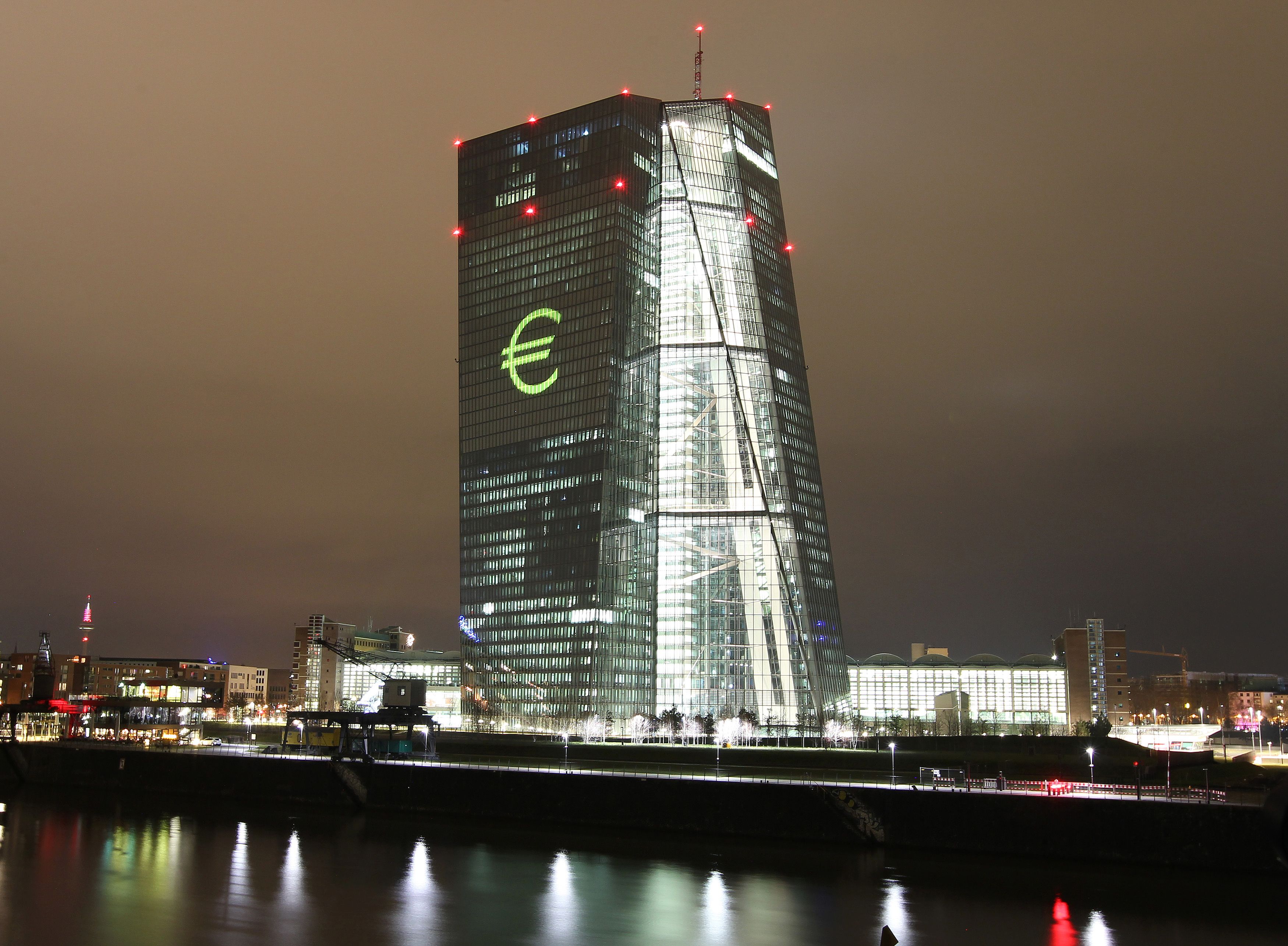
The UK Treasury's paper on the economic costs of Brexit seems competent and thorough, as you would expect -- and says those costs would be high, as you'd also expect. That said, it would be a mistake to regard this analysis as settling much.
Judging the likely economic costs is an unavoidably uncertain exercise. The range of possible outcomes is wide -- a lot wider than the three variants that the study concentrates on. Also, the study doesn't consider the main reason why exit campaigners want Britain to leave, which is to restore the country's ability to govern itself. For some Brexiteers, though few are this honest, a moderate price in diminished trade and lower gross domestic product might be worth paying for a divorce from Brussels.
The paper looks at three alternative trading futures for the UK outside the union: membership of the European Economic Area, otherwise known as the Norway model, and the closest thing to staying in the EU; a less comprehensive bilateral agreement with the European Union, like the one Canada has; and what the paper calls the default alternative of trading on terms laid down by the World Trade Organisation. In each case, the paper judges the likely reduction in trade and investment, then adds the related effects of slower growth in productivity.
After 15 years, according to this reckoning, the annual loss of British GDP (relative to what it would otherwise have been) is roughly 4 per cent for the EEA model, 6 per cent for the Canada variant, and 8 per cent for the WTO approach. These estimates are broadly consistent with other studies.
All this work, it's worth mentioning, is unambiguously pro-trade. Economists and commentators in the US have recently been preoccupied with the costs of adjusting to foreign competition -- costs which, some say, undermine the traditional case for free trade. That sentiment is refreshingly absent from the main analyses of Brexit. In Europe, apparently, you just can't have too much economic integration.
Nonetheless, the range of plausible outcomes is a lot wider than the Treasury study allows. For instance, what makes the Norway model the upper limit of British economic integration with Europe? At the moment, the U.K. is more closely integrated with Europe than Norway is. What would prevent it from staying that way, while separating itself from the union's larger political and constitutional ambitions?
There are two possible answers to this. One is that close economic integration necessarily requires some degree of political union. This is debatable. The EU certainly has more far more political union than it needs for the single market to work: You don't need a European parliament, supreme court, charter of rights and all the other trappings of nationhood to have free movement of goods, services, capital and workers.
The EU has those trappings not because the single market requires them but because movement toward political union, until the crash at least, has been an additional EU purpose in its own right. Even now, the aspiration dignifies the project and offers justification for egregious unforced errors such as the euro.
In principle, Britain could opt for economic integration without political integration. And to a considerable extent, it's been allowed to do so: no euro, no Schengen (the agreement on borderless travel), opt-outs from security and justice initiatives, a clearer exemption from the treaty commitment to "ever closer union." But there's a limit to these exceptions. The EU isn't offering a mode of association that grants full economic integration while allowing definitive, permanent, explicit detachment from its political quest.
The Treasury study and its covering note from George Osborne, U.K. chancellor of the exchequer, both make this limit clear, but they're a little oblique on its cause. "No country has been able to negotiate any other sort of deal [other than EEA, Canada-style bilateral, or WTO]," Osborne says, "and it would not be in the EU's interest to agree one." Neither document says why, exactly, this would not be in the EU's interest. The suggestion seems to be that other countries might want a similar dispensation -- a point that ought to weigh in its favor.
Yet once you assume that the EU isn't going to help Britain find a comfortable, mutually advantageous post-Brexit relationship with the EU, you next have to ask how far Europe might go to actually punish a British defection. Again, it's impossible to know -- but my guess would be quite far, even at some economic cost to itself.
For this reason, the Treasury's highest estimates of costs may substantially understate the risk. Again, though, the point is hardly one that Osborne and his officials can stress. "We have to stay allied with our friends in Europe, partners in this misguided project we don't want, because if we leave, those dear like-minded neighbors will strive to destroy us." As a call to European solidarity, it's less than inspiring.
Britain has no good way out of this dilemma. Its best course is to stay in the union, but work tirelessly to obstruct political union and enlarge the exceptions and exemptions it's secured up to now. It must keep on aiming to be both a member and not a member. After all, it's had some success in proving that this can be done.
That way, for the time being, it will enjoy the benefits of close economic integration, while minimizing the collateral burdens. And eventually, if Britain is enough of a nuisance, a better-than-Norway deal might emerge after all -- when Europe is finally driven to ask, "What would it take to get you to leave?" - Bloomberg View